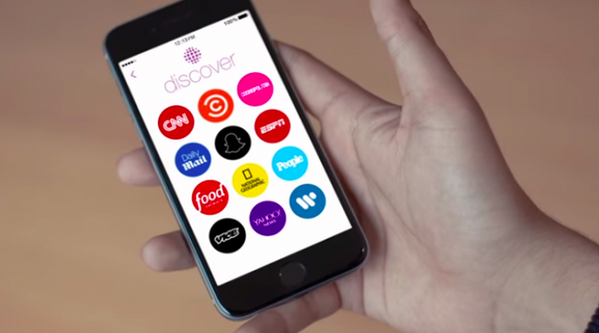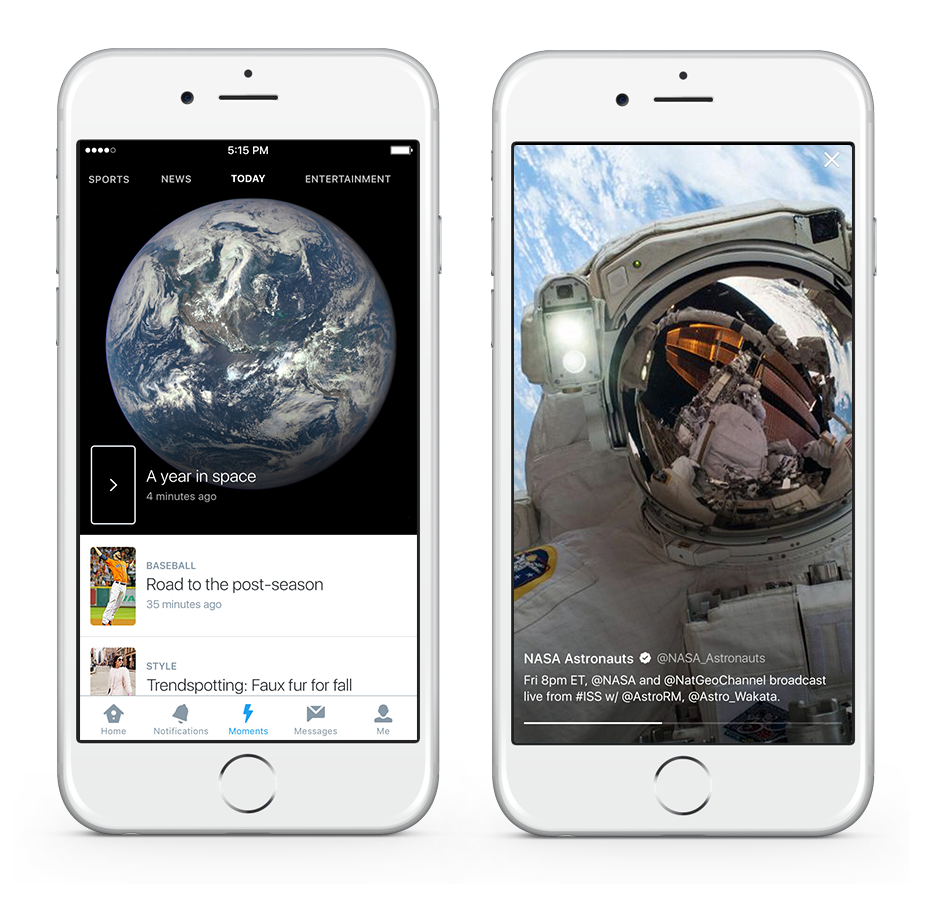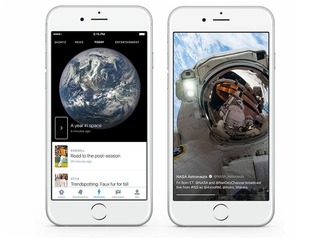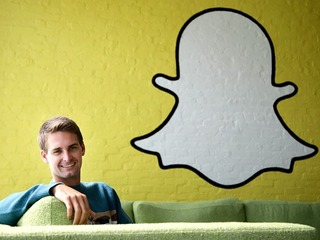When Snapchat launched Discover in January, the company took a philosophical angle to explain why it was venturing into the world of programming:
Social media companies tell us what to read based on what’s most recent or most popular. We see it differently. We count on editors and artists, not clicks and shares, to determine what’s important.
That’s all well and good, but Snapchat also took Discover one step further by launching Snap Channel, which hosted videos, stories, and shows actually created by Snapchat itself. Less than eight months later, Snap Channel is shutting down. Along with this news, Snapchat is also letting go of the team involved in Snap Channel, including Marcus Wiley, Head of Program Planning and Development.

Discover will continue to operate with support from several media partners, including ESPN, Comedy Central, Cosmopolitan, Daily Mail, Food Network, National Geographic, People, Yahoo News, CNN, Vice and Warner Music.
Snapchat has not yet officially stated that it’s leaving the content creation business for good, so we reached out for comment. That said, they would probably do well to be conservative about attempting original programming again.
It’s not that you have to be a traditional media company to successfully create content today. After all, Netflix, Hulu, and Amazon have all seen varying degrees of success by producing original programs exclusively for their platforms. However, there seems to be something peculiar to a social networking service–and perhaps its users–that lends itself better to curation, not creation.
After all, with Snapchat shutting down its own creative channel, it should surprise no one to look around and observe that most major social networking companies shy away from creating their own content.
The Facebook and Twitter model
Facebook, by far the biggest social network with 1.5 billion monthly active users, might seem like the perfect candidate to reach a wide audience with original content, but so far the company has focused on expanding its platform to provide member businesses, media organizations, and publishers with the means to share their content.
Lately, Facebook’s biggest content push has been in video, with just this week several new features coming out, including 360° video and additional video management features for creators. But original content from Facebook doesn’t appear in any of their plans, at least not yet. For now, the goal is to upend YouTube’s (i.e. Google’s) domination in the online video space.
The closest thing you’ll find to original content from Facebook is on FB Newswire or Government and Politics on Facebook, both of which are actually just curating social content shared by individuals and organizations on the social network.
Similarly, Twitter does not explicitly create its own original programming, but instead has adopted the role of curator. This role is arguably even more important for Twitter, which does not employ an algorithm in its users’ streams to rank and sort content.
Just this month, Twitter launched Moments, an eye-catching, hand-curated selection of conversations between politicians, major sporting events, and other big moments worth sharing with the wider Twitter audience.

But that’s just Twitter farming its own network, not creating original original content. Just like Facebook, Twitter has avoided the intense labor and creative challenges involved in forming their own channel.
Perhaps it’s obvious. The initial attraction of each of these big three social networks was just that: their network. Facebook allowed you to connect with classmates, Twitter allowed you to follow the world in real-time, and Snapchat let you goof off with your best friends. While all three have evolved quite a bit from those origins, there is still yet something embedded in the services that places user-created content above anything the service itself could put together.
Social networks are curators, not creators.



















